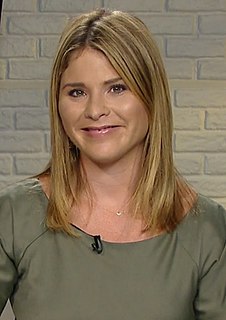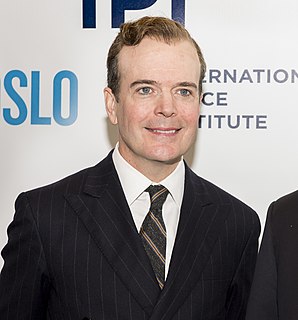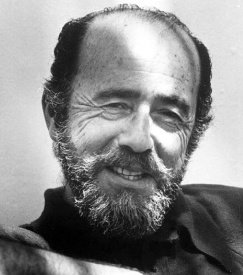A Quote by David Baddiel
There are no gatekeepers in children's literature. There are children who like what you write because it's funny.
Quote Topics
Related Quotes
Ordinarily, I'd claim that I'd never write directly about my children, but the opening conversation of 'Peter Elroy' is a verbatim conversation that my children had that I just loved: morbid, funny, passionate, and obsessed with the truth of things - all natural qualities of children that I'd like my work to contain.
Of course all children's literature is not fantastic, so all fantastic books need not be children's books. It is still possible, even in an age so ferociously anti-romantic as our own, to write fantastic stories for adults: though you will usually need to have made a name in some more fashionable kind of literature before anyone will publish them.


































